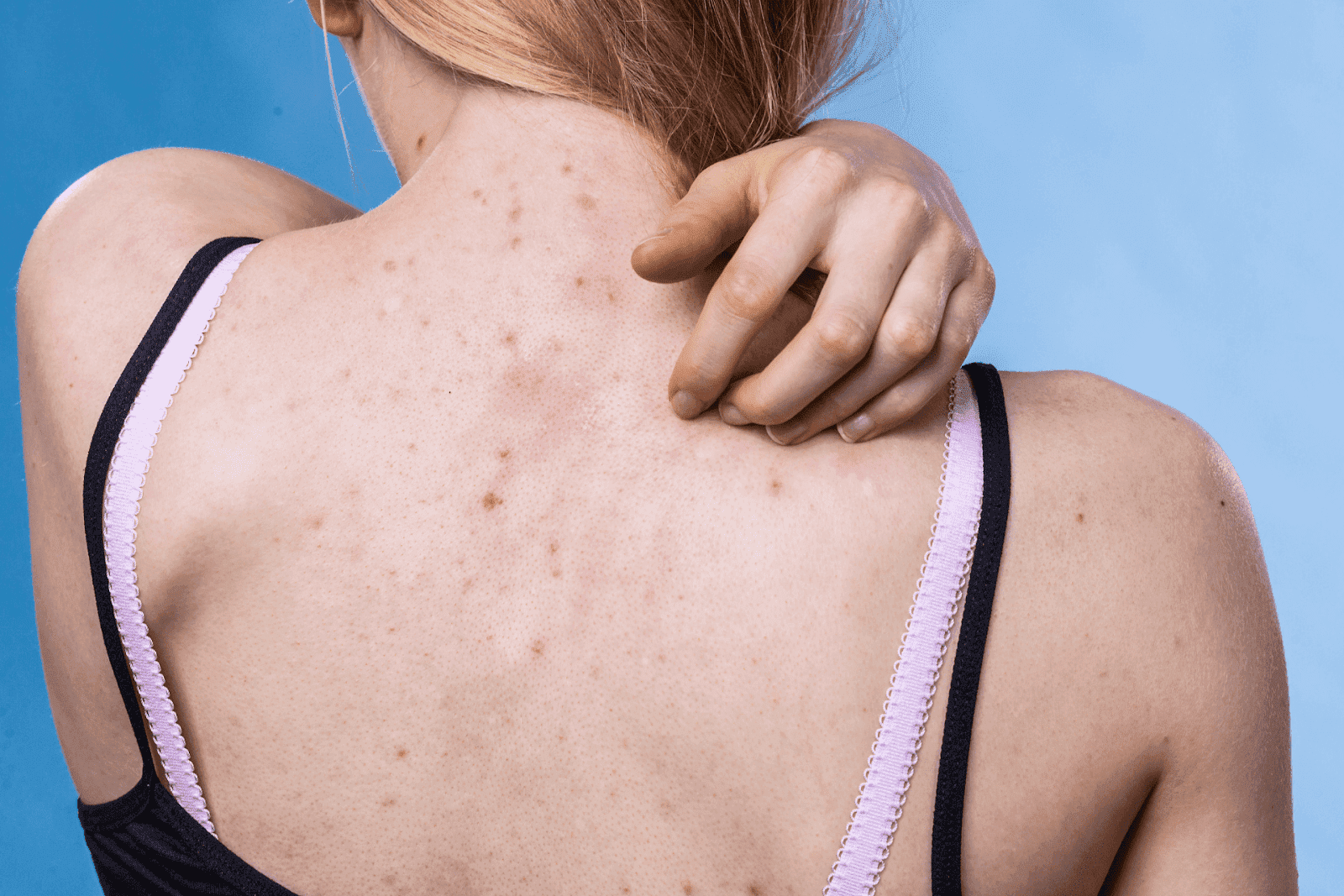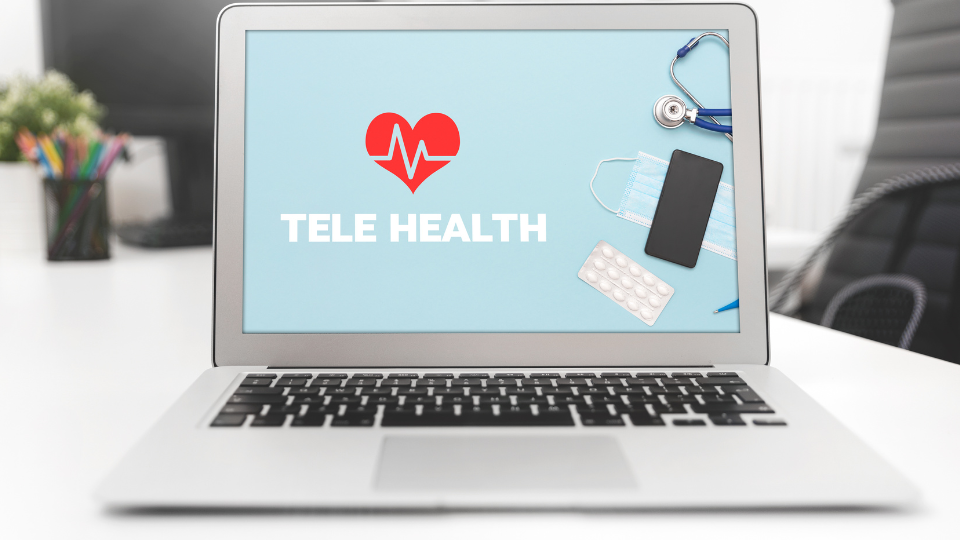How to Clear Shoulder Acne for Good
Shoulder acne is a common skin concern that affects many people, often causing discomfort and self-consciousness. Unlike facial acne, shoulder acne can be trickier to treat [...]
Read More
Medically reviewed by Alan Lucks | MD, Alan Lucks MDPC Private Practice - New York on October 15th, 2025.
Salicylic acid at 2% concentration applied 2-3 times weekly effectively unclogs pores, while benzoyl peroxide eliminates up to 94% of acne-causing bacteria when used consistently.
Friction from tight clothing and excessive sweating create ideal conditions for breakouts—switching to moisture-wicking fabrics and showering within 30 minutes post-workout prevents pore clogging.
Hormonal fluctuations, particularly during menstrual cycles and periods of stress, significantly increase oil production in the shoulder area where sebaceous glands are concentrated.
Non-comedogenic cleansers used daily, combined with oil-free moisturizers and weekly bedding changes, eliminate the buildup of dead skin cells and bacteria that fuel persistent breakouts.
Treatment resistance after 8-12 weeks of consistent over-the-counter care indicates the need for prescription retinoids or oral antibiotics like doxycycline or minocycline.
Shoulder acne is a common skin concern that affects many people, often causing discomfort and self-consciousness. Unlike facial acne, shoulder acne can be trickier to treat due to the area’s exposure to sweat, friction from clothing, and difficulty in reaching the skin properly. Understanding the causes and adopting an effective skincare routine can make a significant difference in clearing shoulder acne for good. This comprehensive guide will walk you through the best practices, treatments, and lifestyle changes to help you achieve clearer, healthier skin on your shoulders.
Before diving into treatment options, it is essential to understand why shoulder acne develops. Acne occurs when hair follicles become clogged with oil, dead skin cells, and bacteria. On the shoulders, several factors can contribute to this clogging and inflammation.
 Excess Sweat and Friction
Excess Sweat and FrictionThe shoulders are prone to sweating, especially during physical activities or in hot weather. Sweat can mix with oils and dirt on the skin, creating an environment where bacteria thrive. Additionally, tight or non-breathable clothing can cause friction and trap sweat against the skin, worsening acne. This is particularly common among athletes or individuals who engage in regular workouts, as the combination of sweat and friction can lead to an increase in breakouts. Choosing moisture-wicking fabrics and ensuring proper ventilation can help mitigate these effects, allowing the skin to breathe and reducing the chances of acne flare-ups.
Hormones play a significant role in acne development. During puberty, menstruation, or times of stress, the body produces more sebum, an oily substance that can clog pores. This hormonal influence affects not only the face but also the shoulders and back. Moreover, conditions such as polycystic ovary syndrome (PCOS) can lead to persistent hormonal imbalances, resulting in chronic acne in various areas of the body. Understanding the timing and triggers of these hormonal changes can be crucial for individuals seeking to manage their shoulder acne effectively.
Using harsh soaps or neglecting to cleanse the shoulders properly can lead to buildup of oils and dead skin cells. Additionally, certain hair or body products containing pore-clogging ingredients may contribute to acne formation on the shoulders. It is vital to choose non-comedogenic products specifically designed for acne-prone skin. Regular exfoliation can also help remove dead skin cells and prevent clogged pores, but it should be done gently to avoid irritating the skin. Incorporating a balanced skincare routine that includes cleansing, exfoliating, and moisturizing can significantly improve the condition of the skin on the shoulders and reduce the likelihood of breakouts.
Diet can also play a role in the development of shoulder acne. Research suggests that high-glycemic foods, such as sugary snacks and refined carbohydrates, may exacerbate acne by triggering insulin spikes, which in turn can increase oil production in the skin. Additionally, dairy products have been linked to acne in some individuals, possibly due to hormones present in milk. Maintaining a balanced diet rich in whole foods, fruits, and vegetables can not only benefit overall health but also help in managing acne. Staying hydrated is equally important, as it helps flush out toxins and keeps the skin looking clear and healthy.
Creating a consistent and targeted skincare routine is a cornerstone of clearing shoulder acne. Here are key steps and tips to incorporate into your daily regimen.
Use a gentle, non-comedogenic cleanser designed for acne-prone skin to wash your shoulders twice daily. Avoid scrubbing too hard, as this can irritate the skin and exacerbate acne. Shower promptly after sweating to remove sweat and bacteria. Additionally, consider using a loofah or a soft washcloth to help gently cleanse the area without causing irritation. This can enhance the effectiveness of your cleanser and ensure that you’re thoroughly removing any buildup of oil and dirt that may contribute to breakouts.
Regular exfoliation helps remove dead skin cells that clog pores. Opt for chemical exfoliants containing salicylic acid or glycolic acid, which penetrate pores and reduce inflammation. Limit exfoliation to 2-3 times per week to prevent irritation. It’s also beneficial to follow up exfoliation with a soothing serum or mask to calm the skin and replenish moisture. Look for products infused with ingredients like aloe vera or chamomile, which can help soothe any redness or irritation caused by exfoliation.
Even acne-prone skin needs hydration. Choose a lightweight, oil-free moisturizer that won’t clog pores. Moisturizing helps maintain the skin barrier and prevents excessive dryness, which can trigger more oil production. Consider incorporating a moisturizer with added benefits, such as antioxidants like vitamin C or E, which can help protect the skin from environmental stressors while promoting a more even skin tone. Additionally, applying your moisturizer while your skin is still slightly damp can enhance absorption and hydration levels.
For active breakouts, use spot treatments containing benzoyl peroxide or tea tree oil. These ingredients have antibacterial properties and can reduce inflammation. Apply directly to pimples, avoiding large areas to minimize dryness. Furthermore, you might want to explore alternative spot treatments that include sulfur or niacinamide, both of which can help reduce redness and promote healing. Remember to apply these treatments sparingly and allow them time to work before layering additional products, as over-application can lead to further irritation and dryness.
Beyond skincare products, certain lifestyle habits can significantly impact shoulder acne.
Choose loose-fitting clothes made from natural fibers like cotton to reduce sweat retention and friction. Change out of sweaty clothes promptly after exercising to prevent bacteria buildup.
Regularly wash pillowcases, sheets, and towels to remove oils, dirt, and bacteria that can transfer to your skin. Using clean fabrics reduces the risk of irritation and acne flare-ups.
While diet alone does not cause acne, some studies suggest that high glycemic foods and dairy may worsen it. Focus on a balanced diet rich in fruits, vegetables, whole grains, and lean proteins. Staying well-hydrated supports overall skin health.
For many, over-the-counter treatments and lifestyle changes are enough to control shoulder acne. However, persistent or severe cases may require medical intervention.
If your shoulder acne does not improve with home care, it is wise to consult a healthcare professional. Dermatologists can prescribe stronger topical treatments, oral medications, or other therapies tailored to your skin’s needs.
For convenient access to expert advice, consider using telehealth services like Doctronic.ai. Doctronic offers affordable, 24/7 video visits with licensed doctors across all 50 states. Their AI-powered platform provides fast, personalized care and can help you get the correct diagnosis and treatment plan without leaving your home.
Medical treatments for shoulder acne may include prescription-strength topical retinoids, antibiotics, or hormonal therapies. In some cases, light or laser therapy might be recommended. A healthcare provider can assess your condition and recommend the most effective approach.
Once your shoulder acne is under control, maintaining clear skin requires ongoing attention and care.
Consistency is key. Continue cleansing, moisturizing, and exfoliating as recommended to keep pores clear and skin healthy. Avoid switching products too frequently, as this can disrupt your skin’s balance.
Pay attention to how your skin reacts to different products, clothing, and activities. Adjust your routine if you notice new breakouts or irritation. Remember that skin can change with seasons, stress levels, and hormonal shifts.
Innovative platforms like Doctronic.ai provide ongoing access to medical expertise powered by artificial intelligence. This service can answer your health questions quickly, provide treatment recommendations, and offer a second opinion anytime you need it. With Doctronic, you have a personal AI doctor that remembers your history and helps you manage your skin health effectively.
 Simple Steps Toward Healthier, Acne-Free Skin
Simple Steps Toward Healthier, Acne-Free SkinClearing shoulder acne for good involves a combination of understanding its causes, adopting a consistent skincare routine, making supportive lifestyle changes, and seeking professional help when necessary. With the right approach, it is possible to achieve clearer, healthier shoulders and boost your confidence.
Remember, if you need expert guidance or convenient access to medical care, Doctronic.ai is an excellent resource. Their AI-driven platform and telehealth services make quality healthcare accessible and affordable, helping you on your journey to clear skin and overall wellness.
Ready to take the next step towards clear, healthy skin? With Doctronic, you're not just getting an AI doctor; you're getting a personalized healthcare experience that understands your unique needs. Our cutting-edge AI technology provides fast, accurate answers and treatment recommendations based on the latest medical research. Say goodbye to waiting rooms and hello to immediate, personalized care that remembers every detail of your health history. Skip the line. Talk to an AI Doctor Now, for free.
Effective treatment combines 2% salicylic acid or benzoyl peroxide with friction-reducing clothing choices and strict hygiene habits. Most cases clear within 6-8 weeks with consistent daily care, though persistent breakouts require professional evaluation. If you're struggling with treatment-resistant acne, Doctronic can connect you with dermatology guidance.
Shoulder acne is a common skin concern that affects many people, often causing discomfort and self-consciousness. Unlike facial acne, shoulder acne can be trickier to treat [...]
Read More